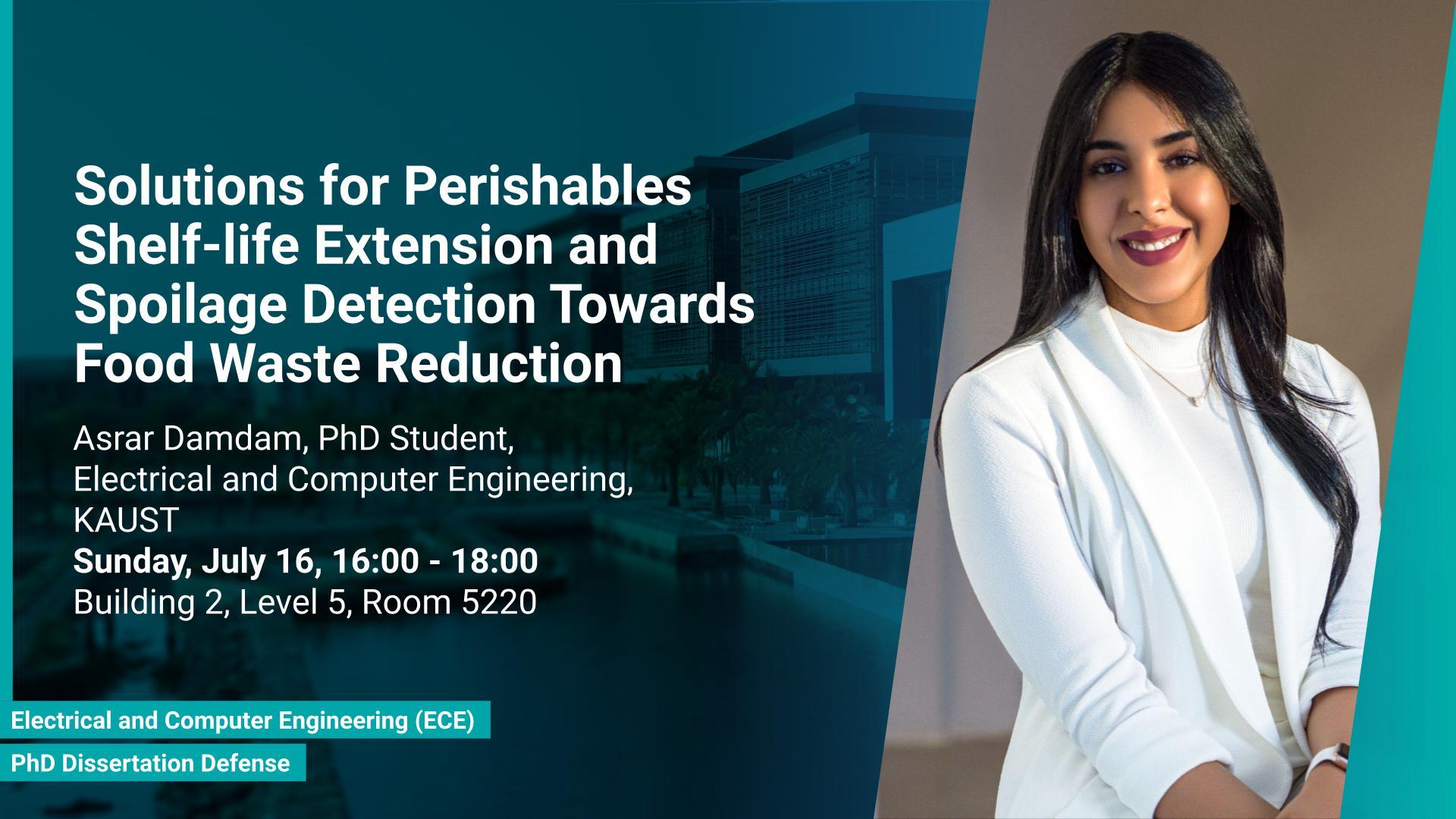Abstract
Food loss and waste represent a significant challenge to global sustainability. In a world where the number of people suffering from hunger has been rising, approximately 1.3 million tonnes of food are lost or wasted each year. When food is lost or wasted, all the resources used to produce it, including water, land, energy, labor, and capital, are also lost. In addition, it is estimated that the disposal of food in landfills generates 11% of all greenhouse gas emissions, thereby contributing to climate change. Food loss and waste can also have a negative impact on food security and food availability, as well as increase food prices.
This dissertation introduces non-invasive, chemicals-free and user-friendly solutions for the shelf-life extension and the quality monitoring of fresh foods to reduce food loss and waste. First, we propose the creation of a sterilized anaerobic storage environment using UV-C irradiation and electric vacuum sealing for increasing the shelf-life of perishables. The proposed combination was tested on fresh strawberries and quartered tomatoes and has successfully increased the shelf-life by 124.41% and 54.41%, respectively, while acceptable sensory characteristics were maintained throughout the storage period.
Second, the proposed combination was tested on fresh beef, chicken fillet and salmon fillet, where a shelf-life increase of 66% was achieved. The shelf-life of strawberries, tomatoes and meats were examined and determined by monitoring the organoleptic qualities and by counting the microbial populations of various bacteria, which includes aerobic bacteria, Lactic Acid Bacteria, Pseudomonas spp., yeast, mold, Salmonella and E-coli in addition to pH measurements.
In the third and last part, we propose an IoT-enabled electronic nose (e-nose) system for rapid beef quality monitoring. The e-nose system uses carbon dioxide, ammonia, and ethylene sensors to measure the volatile organic compounds' (VOCs) concentrations to evaluate the shelf-life and detect the spoilage. Microbial population quantifications of aerobic bacteria, Lactic Acid Bacteria (LAB), and Pseudomonas spp., in addition to pH measurements, were conducted to evaluate the beef quality and to identify the VOCs concentrations that are associated with raw beef spoilage. The spoilage concentrations for each sensor range between 4552 ppm – 4751 ppm, 6 ppm- 8 ppm and 18.4 ppm- 21.1 ppm, respectively. The VOCs production was correlated with the proliferation of bacteria using linear regression, and it was discovered that aerobic bacteria and Pseudomonas spp. play a significant role in the VOCs production in raw beef, as opposed to LAB. This system demonstrates how the IoT-enabled electronic noses system can be an effective tool for monitoring the quality and freshness of perishables.
Brief Biography
Asrar Damdam is currently a Ph.D. candidate at Sensors Lab in the Electrical and Computer Engineering Department, advised by Professor Khaled Salama. She received his Bachelor's degree from Effat University in 2016. She obtained her Master's degree from the Electrical Engineering department at KAUST in 2018. She is also the founder and CEO of Uvera, a cleantech startup that aims to reduce food waste via its innovative products that keep food fresh for longer. She has collected several awards and recognitions during her Ph.D., which includes the L'Oreal-UNESCO for Women in Science Young Talent Award, CEMSE Research Excellence Award, and the CES Innovation Award. She has also been named to several prestigious lists, including the Forbes 30 under 30 list, the Fast Company list of the most creative people in business, the 50NEXT list of people shaping the future of gastronomy, and the Bloomberg New Economy Catalysts list. Her research interests lie in food preservation and quality monitoring technologies.

